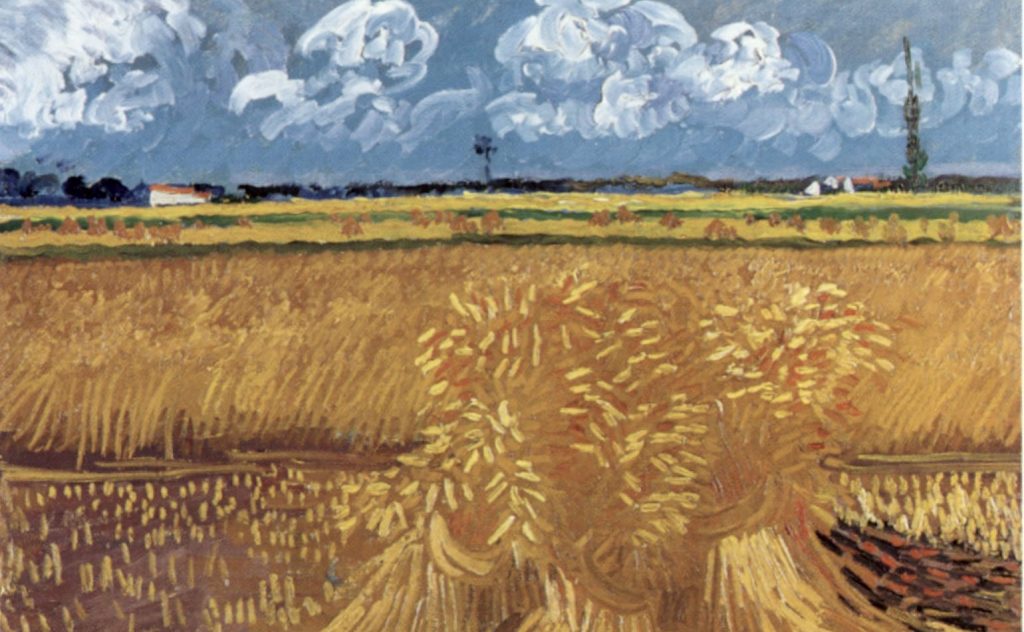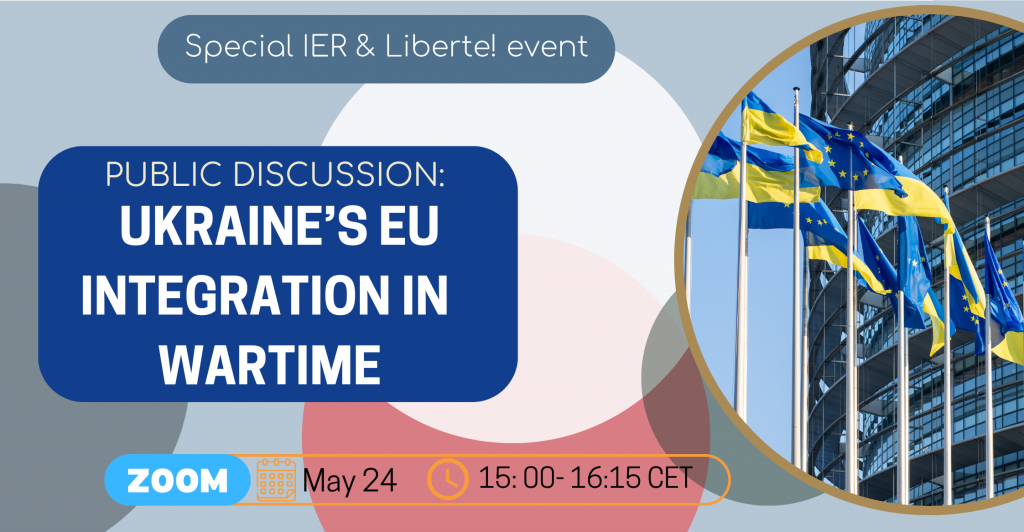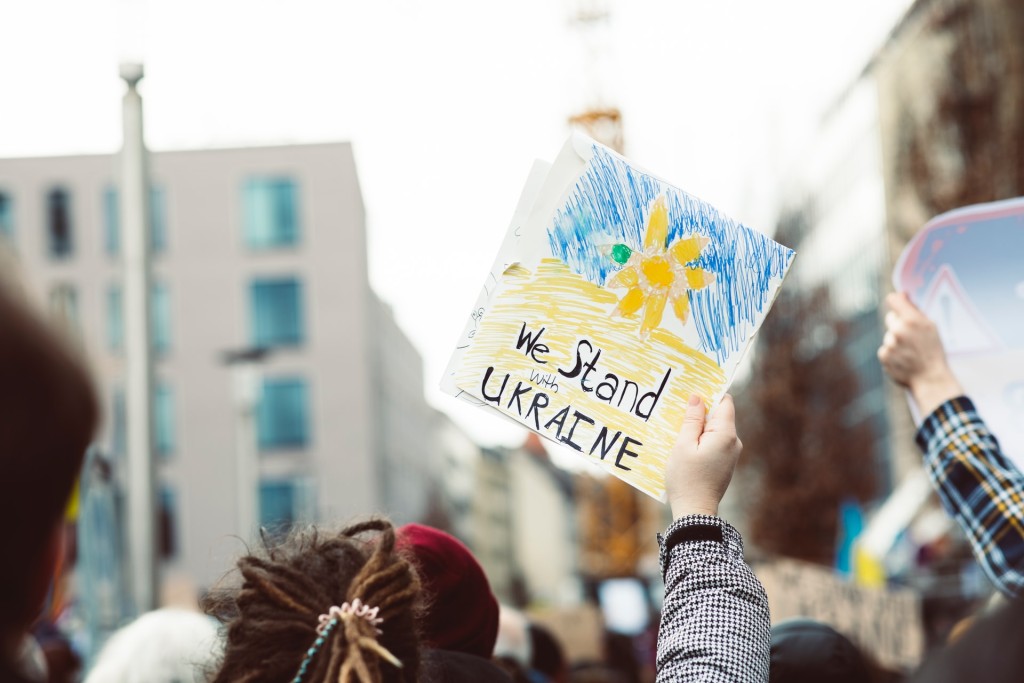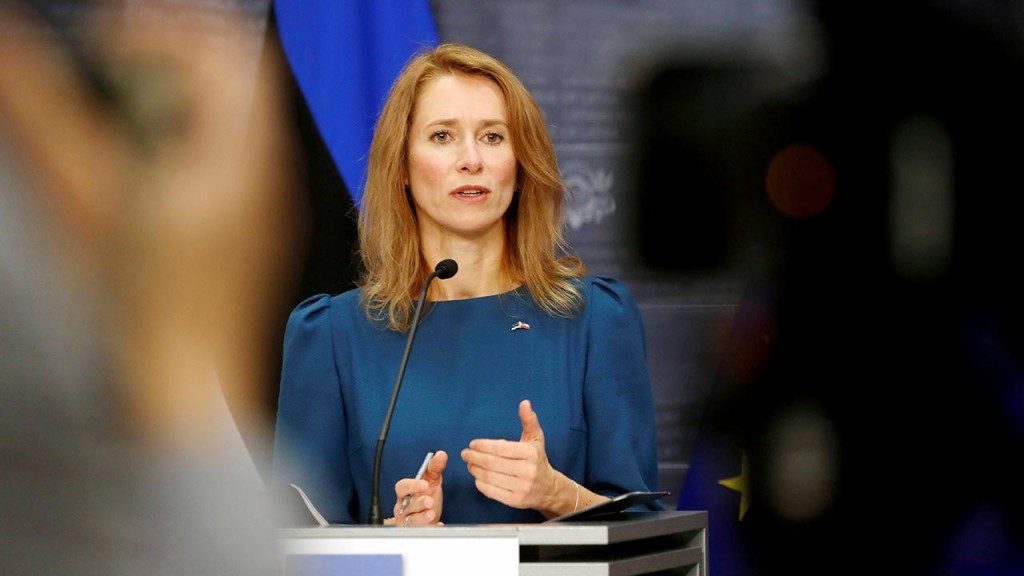
Ukraine’s Economic Checkup
You might be familiar with a popular phrase often used jokingly «The patient is more dead than alive». However, when used as an economic diagnosis for Ukraine, it is no laughing matter. Today\'s destruction of the Kakhovka Hydroelectric Power Plant (HPP) is making an already very tough situation a lot worse for a number of reasons.




![President Macron, China, and European Strategic Autonomy [PODCAST] President Macron, China, and European Strategic Autonomy [PODCAST]](https://4liberty.eu/phidroav/2023/05/ep161-header-4lib-1024x543.png)





